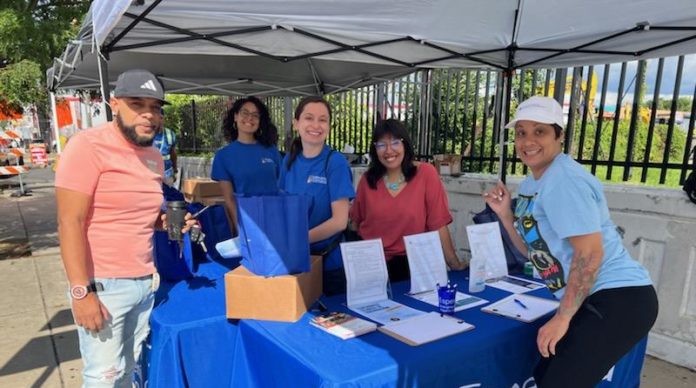Recent changes to Social Security payments may also affect your maximum eligible amount
Starting March 1, Supplemental Nutrition Assistance Program (SNAP) recipients will only receive one payment a month, instead of two. SNAP recipients had been receiving a second payment each month since April 2020. The Emergency Allotment, commonly referred to as Extra SNAP, was developed in response to the COVID-19 emergency in April 2020. SNAP recipients were eligible for at least $95 dollars of extra SNAP. Last December, Congress passed legislation that ended the program in February.
This takes place as additional changes may affect SNAP recipients receiving Social Security payments, which went up recently after a cost-of-living adjustment last month. As Social Security is counted as income, SNAP recipients obtaining Social Security payments may see a decrease in their maximum eligible SNAP amount. However, the increase in food prices calculated by the USDA exceed that of the cost-of-living increase for people receiving Social Security increase of 8.7%. Households with increases in their Social Security will continue to face challenges affording food. Households without any increases may face even greater challenges to access food.
SNAP is the largest federal nutrition assistance program in the United States aimed to address food insecurity among low-income people. It allows eligible individuals and families to purchase qualifying foods at authorized food stores through an Electronic Benefits Transfer Card, which can be used like a debit card to make the purchases. Qualifying foods include fruits, vegetables, meats, dairy, and bread. According to the Pennsylvania Department of Human Services, there are 1.88 million people in Pennsylvania who utilize SNAP. From that 1.88 million, 667,513 are children, 353,149 are older adults, and 485,813 have disabilities.

Philadelphia has one of the highest food insecurity rates in the region, which tends to disproportionately affect black and brown low-income communities. In fact, North Philadelphia is considered a food desert, which is an area that has limited access to affordable and nutritious food. As less benefits are available for households to purchase foods and prices continue to rise, food insecurity is expected to increase.
According to Beth McConnell, Director of Policy at Philadelphia’s Office of Community Empowerment and Opportunity, “instead of reducing SNAP benefits, Congress should be increasing them. Food prices have skyrocketed, and inflation is straining the budgets of low-income families across Philadelphia and the country. Adequate SNAP benefits are critical to seniors, kids, and others who were struggling with hunger before the pandemic, and still are.”
There are several action items that can be taken to help ease any burden and ensure SNAP benefits are being maximized.
It’s important to report to your County Assistance Office (CAO) an up-to-date address, your income and the income of others in your household, and applicable expenses and deductions. Verify your address as you do not want to miss any important updates or information about SNAP. Second, it’s critical to review your income and the income of others for any changes as this will be the main factor for the type of SNAP benefits you receive. Lastly, be sure to maintain an accurate record of your expenses and other applicable deductions. If your expenses increased, you may want to report this to help change your SNAP benefits. According to Pennsylvania’s Department of Human Services, monthly medical costs over $35 for people over 60 or with disabilities, increased housing costs, and increased childcare costs may increase your SNAP benefit.
For more information about the changes in SNAP and how to enroll, you can schedule an appointment with a BenePhilly Counselor at Esperanza, a community-based nonprofit in Hunting Park, by calling 215-324-0746.
SNAP is not the only gateway to access food. You can also utilize free local resources. Specifically, Esperanza partners with the local organization Small Things to host a monthly food distribution at the corner of 5th and Hunting Park Avenue. The food distribution occurs on the 2nd Thursday of every month, and it starts at 10 AM. Free fresh and dry goods are available. It is recommended to come to the food distribution early as supplies are limited. Additionally, you can go to www.phila.gov/food to find a food site near you.
This article is part of the Esperanza Community Anti-Poverty Project, which informs and engages Latinos on key policies and programs impacting their social and economic well-being.


























